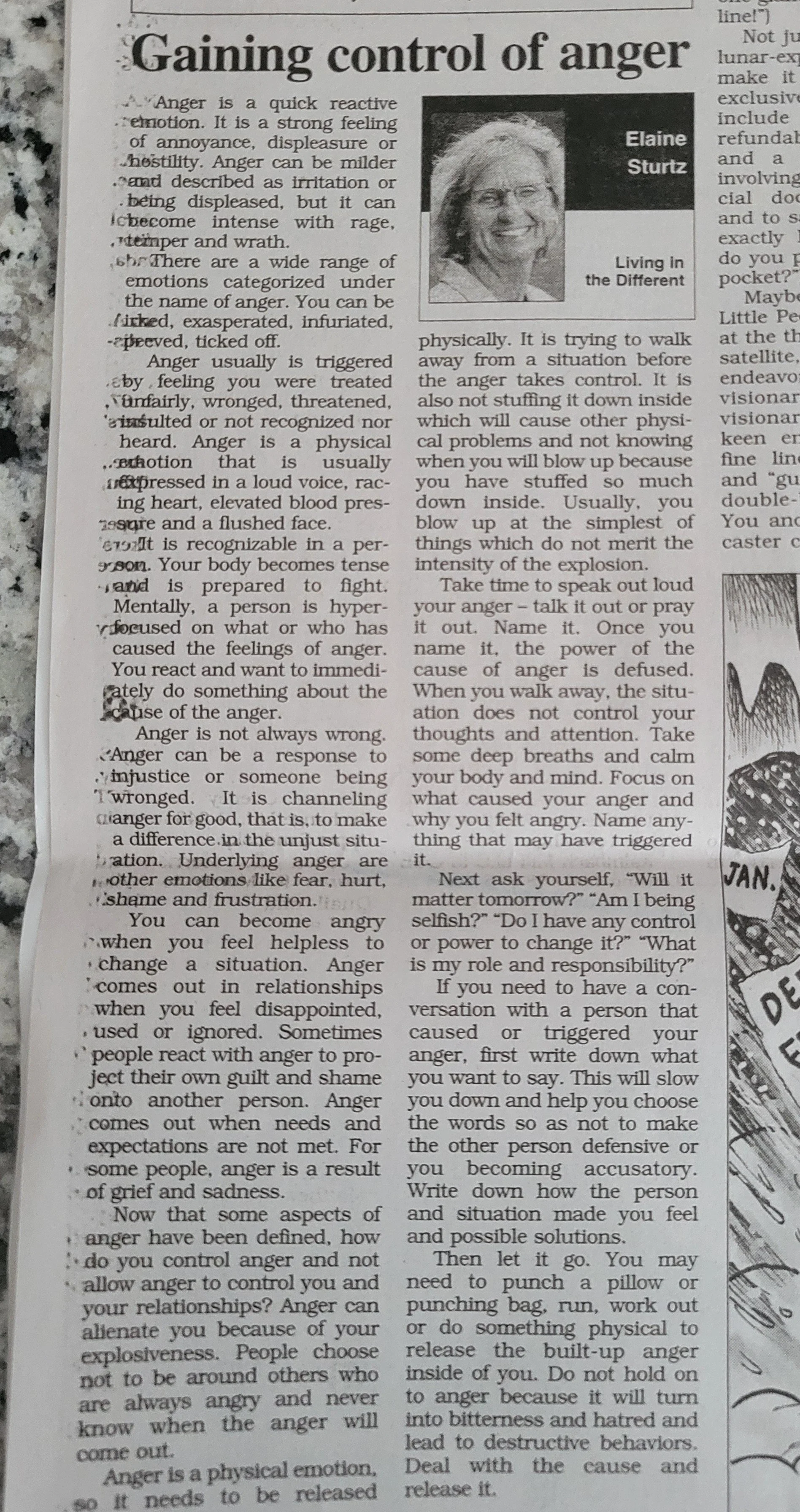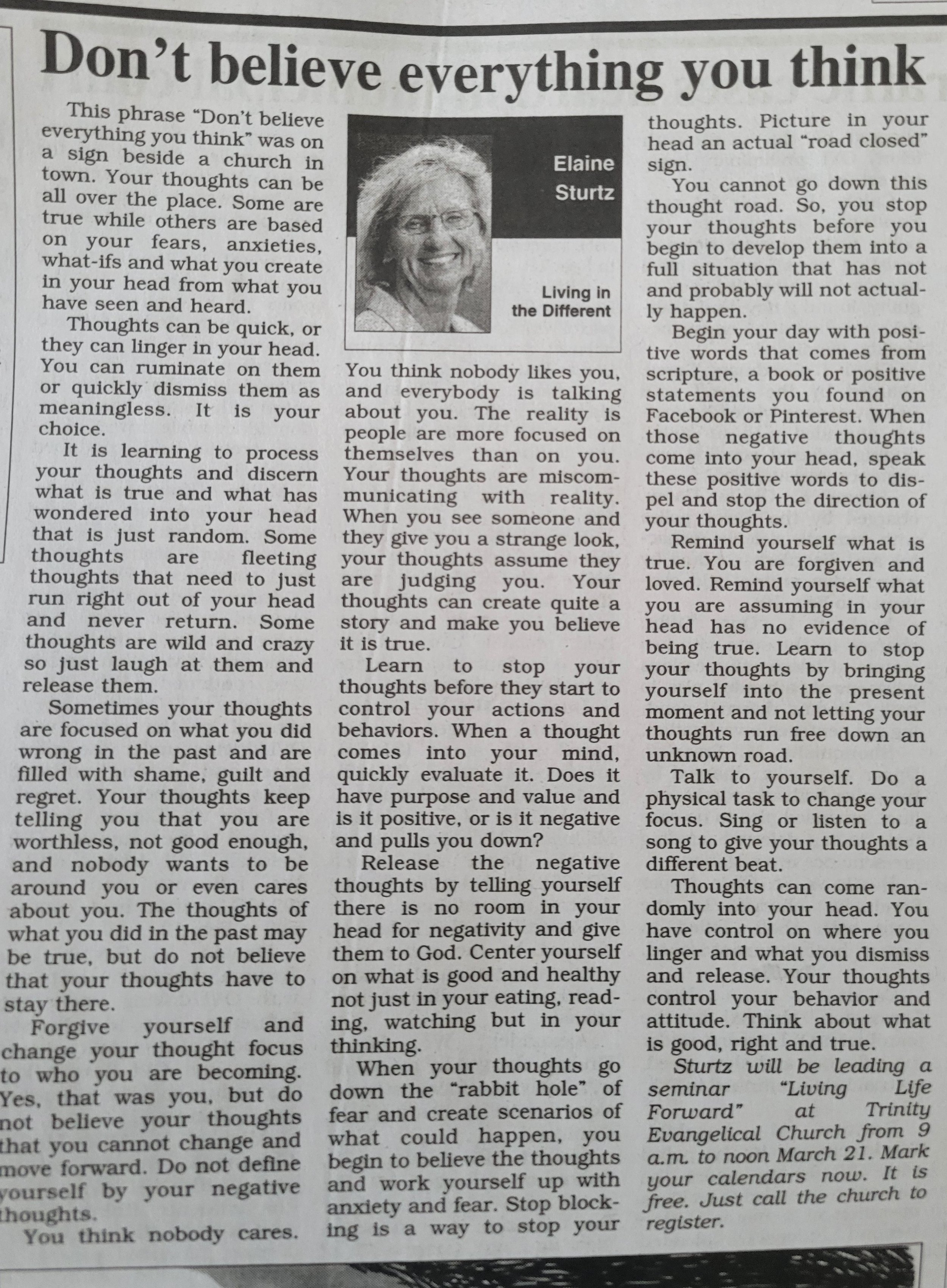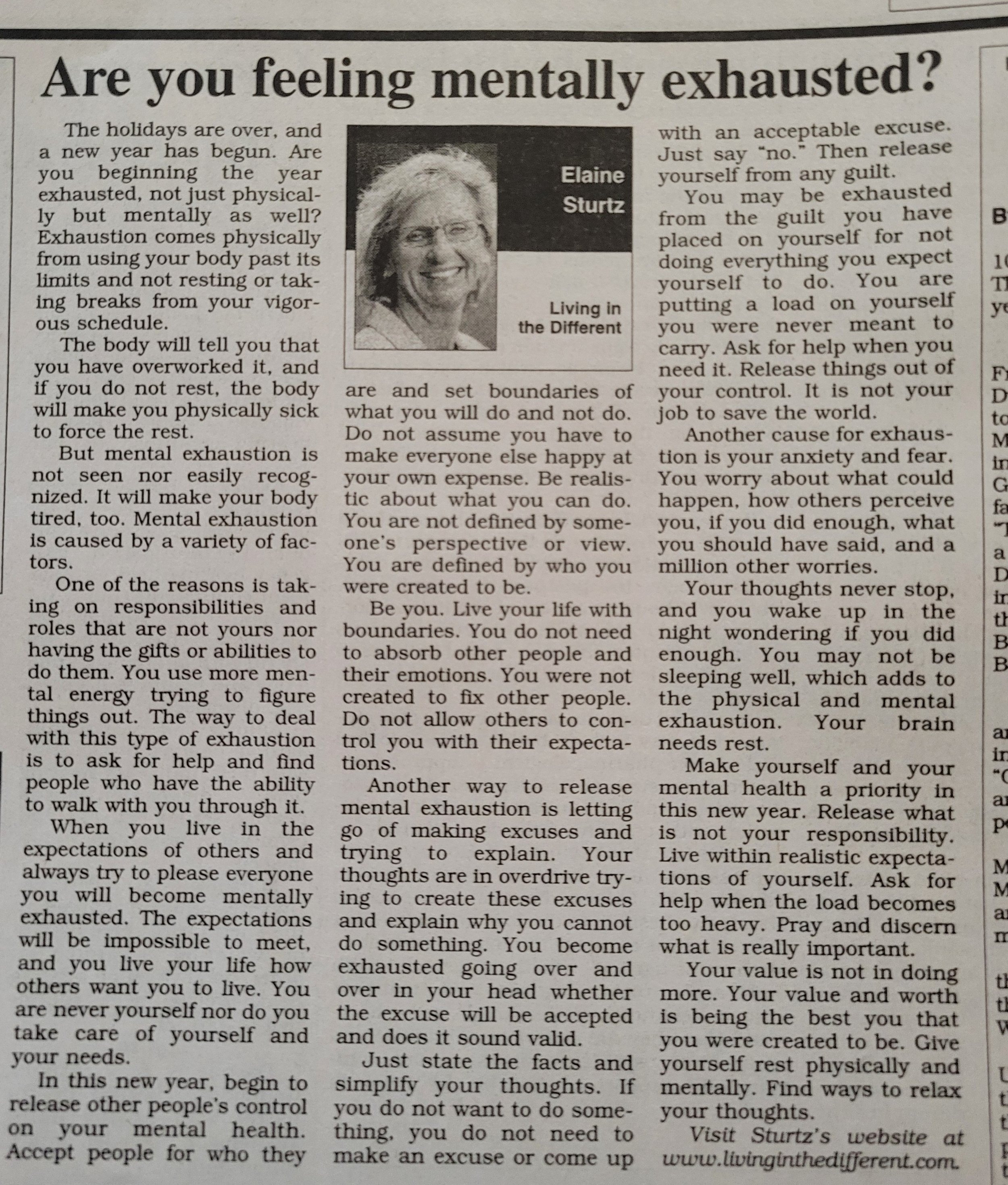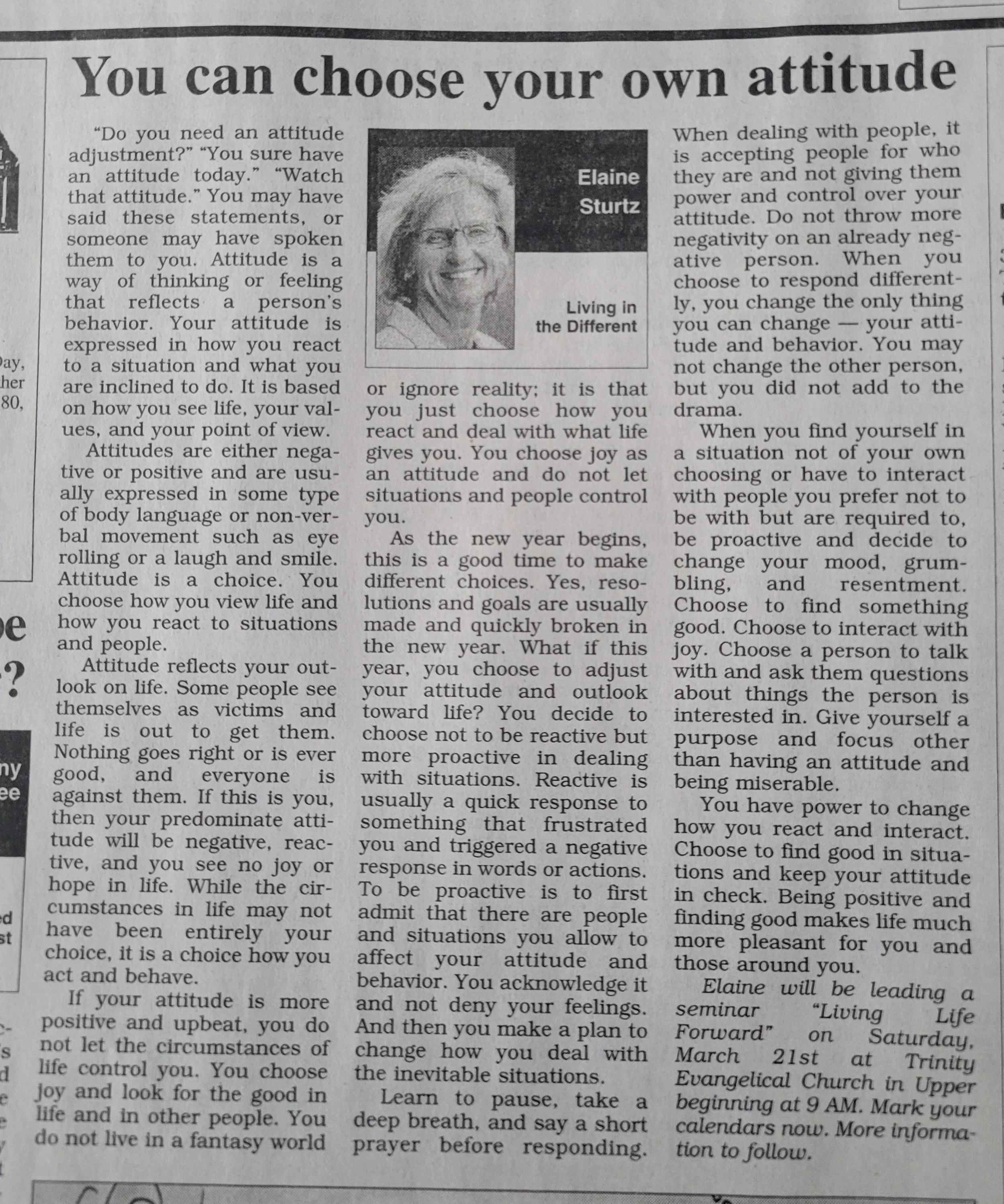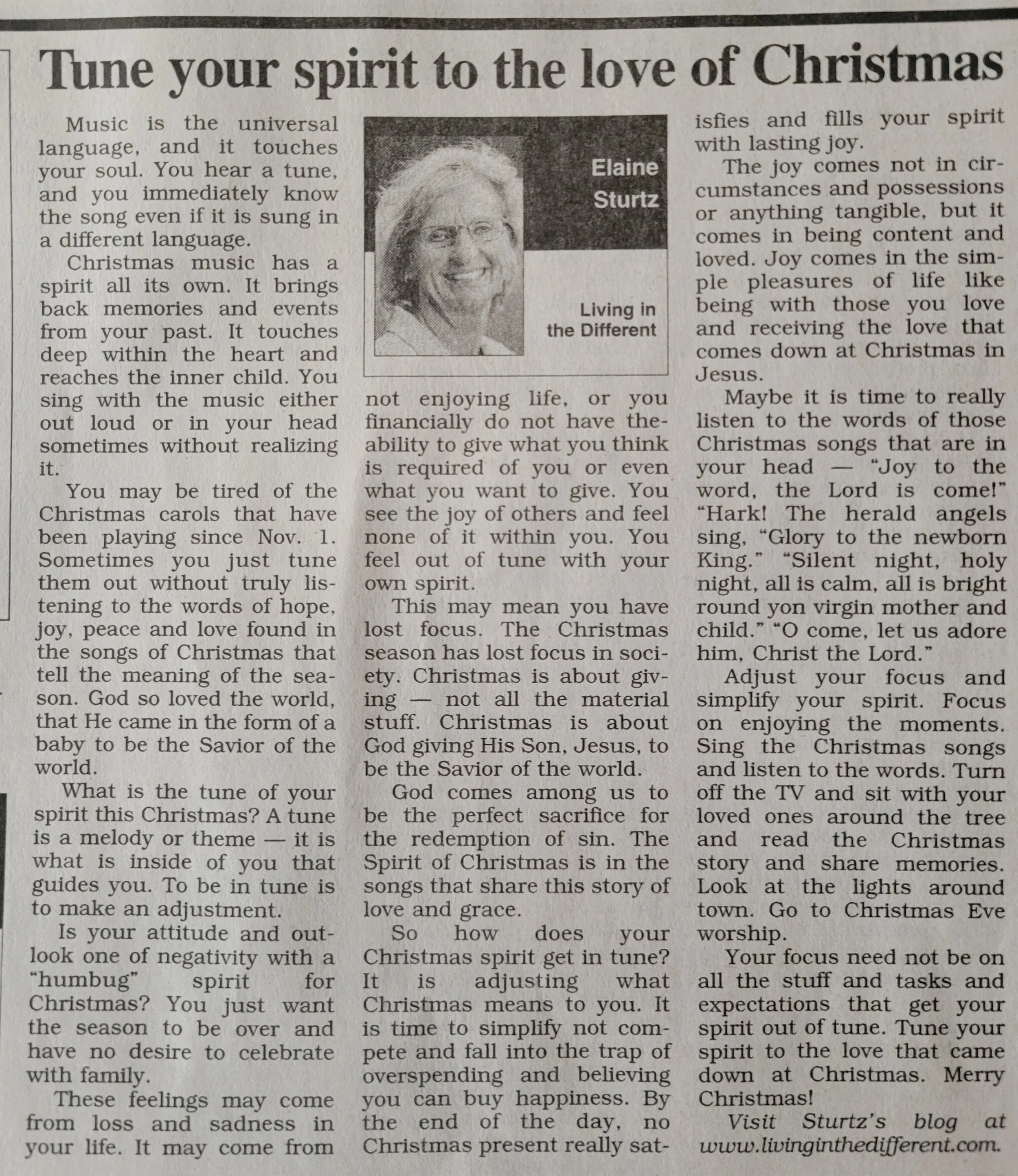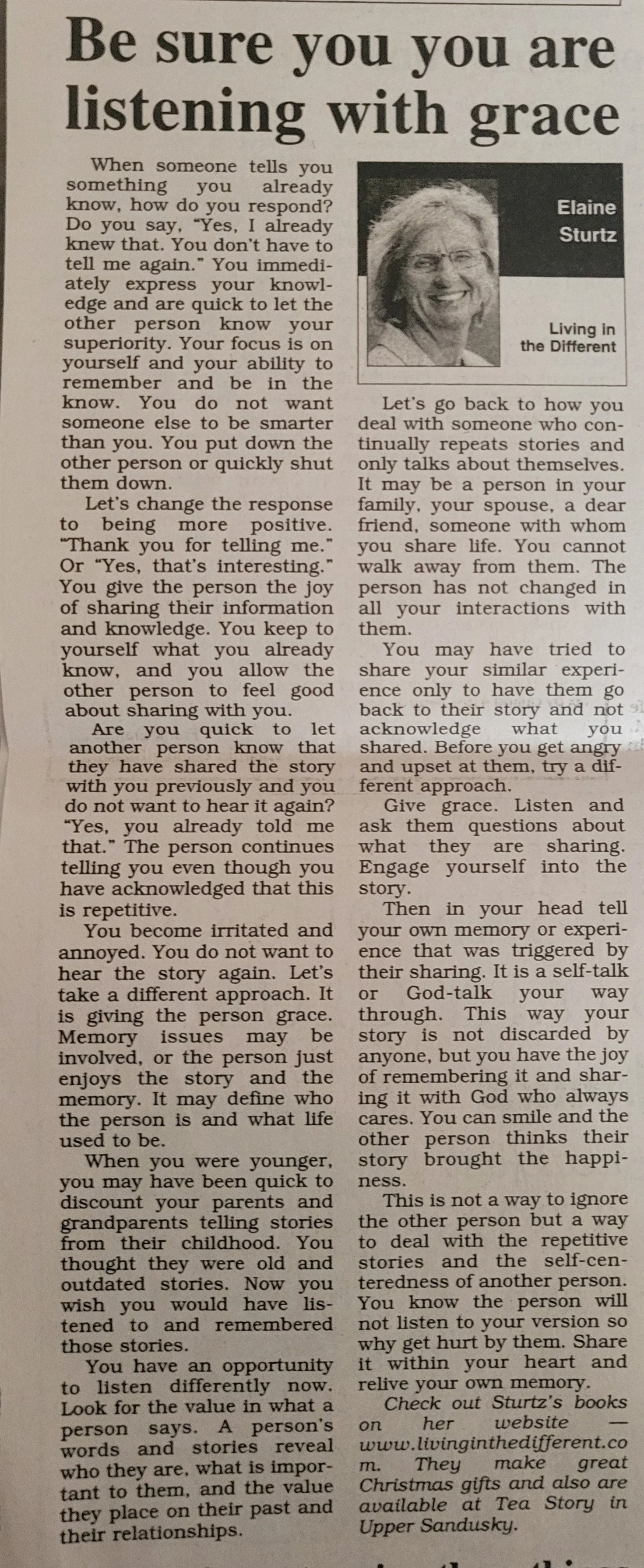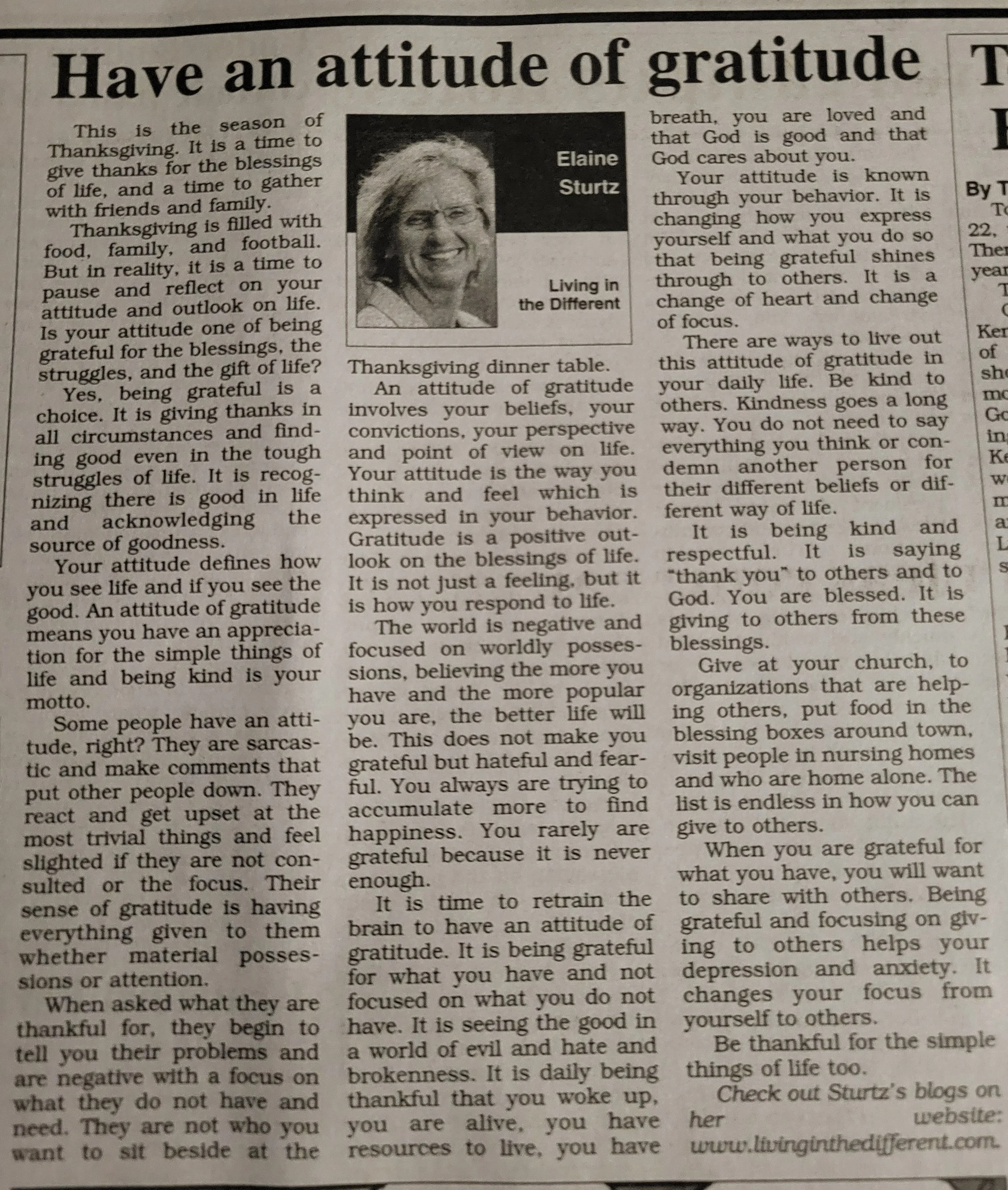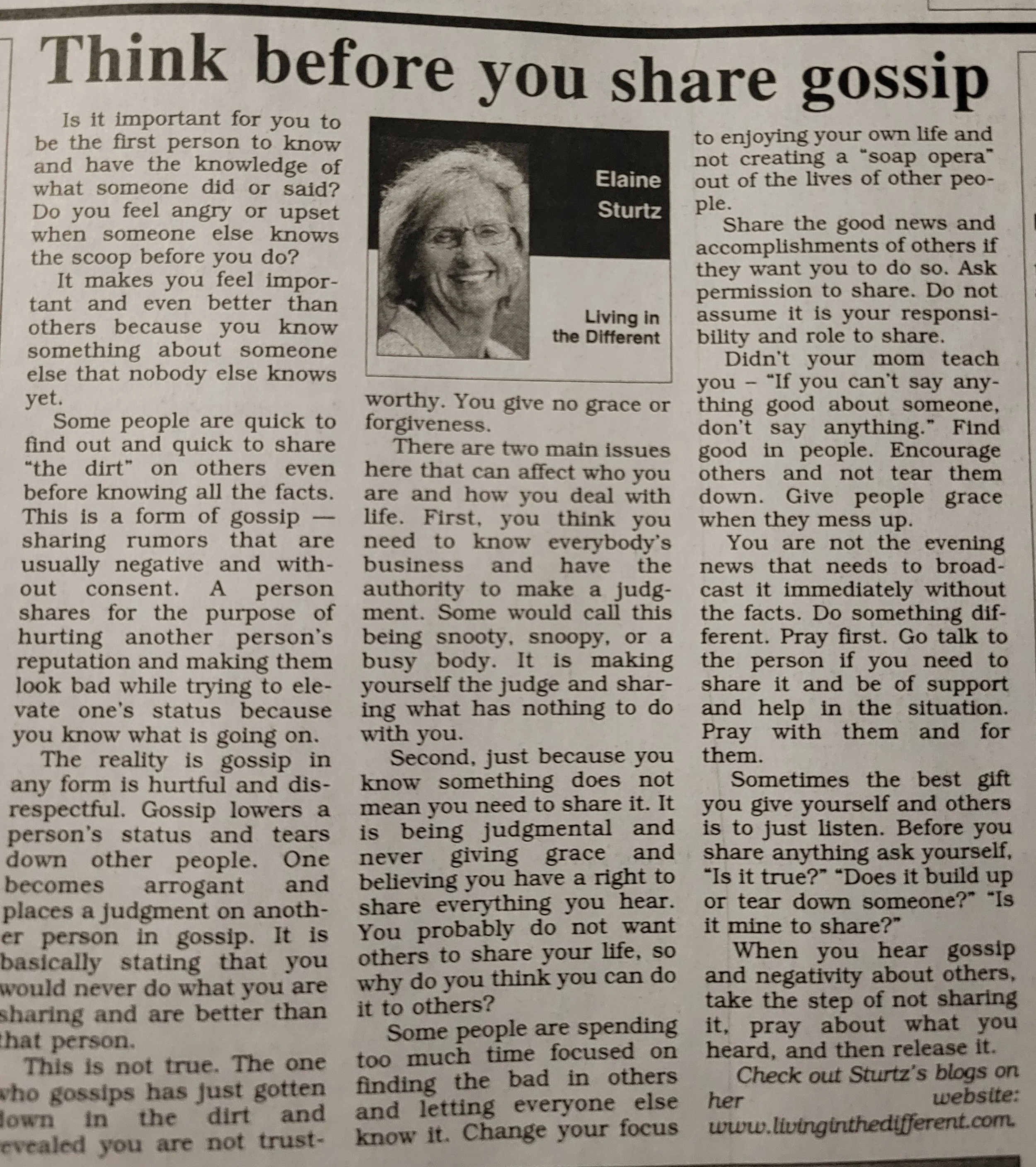Gaining Control of Anger
/Anger is a quick reactive emotion. It is a strong feeling of annoyance, displeasure or hostility. Anger can be milder and described as irritation or being displeased, but it can become intense with rage, temper, and wrath. There are a wide range of emotions categorized under the name of anger. You can be irked, exasperated, infuriated, peeved, ticked off.
Anger is usually triggered by feeling you were treated unfairly, wronged, threatened, insulted, or not recognized nor heard. Anger is a physical emotion that is usually expressed in a loud voice, racing heart, elevated blood pressure and a flushed face. It is recognizable in a person. Your body becomes tense and is prepared to fight. Mentally, a person is hyper-focused on what or who has caused the feelings of anger. You react and want to immediately do something about the cause of the anger.
Anger is not always wrong. Anger can be a response to injustice or someone being wronged. It is channeling anger for good, that is, to make a difference in the unjust situation. Underlying anger are other emotions like fear, hurt, shame, and frustration. One can become angry when you feel helpless to change a situation. Anger comes out in relationships when you feel disappointed, used, or ignored. Sometimes a person reacts with anger to project their own guilt and shame onto another person. Anger comes out when needs and expectations are not met. For some people, anger is a result of grief and sadness.
Now that some aspects of anger have been defined, how do you control anger and not allow anger to control you and your relationships? Anger can alienate you because of your explosiveness. People choose not to be around others who are always angry and never know when the anger will come out.
Anger is a physical emotion, so it needs to be released physically. It is trying to walk away from a situation before the anger takes control. It is also not stuffing it down inside which will cause other physical problems and not knowing when you will blow up because you have stuffed so much down inside. Usually, you blow up at the simplest of things which do not merit the intensity of the explosion.
Take time to speak out loud your anger – talk it out or pray it out. Name it. Once you name it, the power of the cause of anger is defused. When you walk away, the situation does not control your thoughts and attention. Take some deep breaths and calm your body and mind. Focus on what caused your anger and why you felt angry. Name anything that may have triggered it.
Next ask yourself, “Will it matter tomorrow?” “Am I being selfish?” “Do I have any control or power to change it?” “What is my role and responsibility?” If you need to have a conversation with a person that caused or triggered your anger, first write down what you want to say. This will slow you down and help you choose the words so as not to make the other person defensive or you becoming accusatory. Write down how the person and situation made you feel and possible solutions.
Then let it go. You may need to punch a pillow or punching bag, run, workout or do something physical to release the built-up anger inside of you. Do not hold on to anger because it will turn into bitterness and hatred and lead to destructive behaviors. Deal with the cause and release it.
Elaine J. Sturtz
Living In The Different

